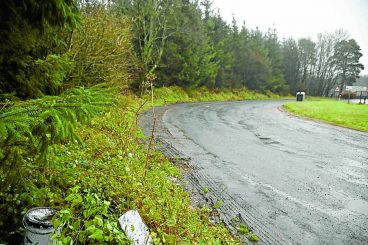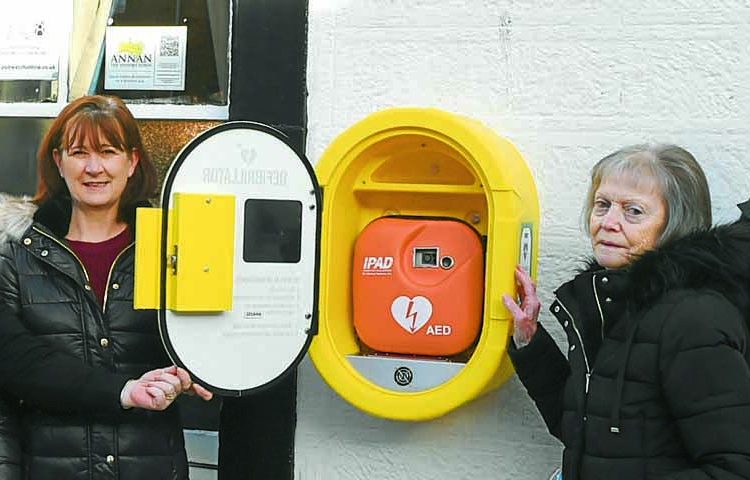Human trafficking continues to increase in Scotland, despite the lockdown, and intelligence suggests that traffickers are diversifying and could be targeting the agriculture, fisheries and forestry sectors, where there is a higher demand for labour at this time of year.
As a result, these sectors are focus of Police Scotland activity to raise awareness and ensure businesses are not being infiltrated by traffickers and that people being employed are not victims of exploitation.
All this week and next, officers, supported by colleagues from the National Human Trafficking Unit, will visit farm premises, fisheries, food processing plants and other similar businesses in the region to speak with owners.
In addition, police will also use this engagement to raise awareness of human trafficking and provide information as to how these industries can help tackle modern slavery and labour exploitation. Chief Superintendent Linda Jones, Divisional Commander for Dumfries and Galloway said: “We often associate human trafficking and modern slavery with cities and urban areas where it’s easier to hide victims of trafficking in plain sight. However, trafficking happens across all communities, both urban and rural.
“One of the emerging issues in Scotland is in relation to trafficking for labour exploitation. Lockdown has meant that the businesses usually associated with potential trafficking, have been closed, but traffickers are opportunists and will look elsewhere for chances to exploit people and to profit from their misery, regardless of the risks presented by coronavirus. We believe this may include targeting the agriculture, fisheries and forestry sectors, where there is a higher demand for labour at this time of year.
“We are acutely aware, that most businesses are ethical. No-one wants to employ people who may be being exploited. Legitimate businesses will carry out due diligence but many will sub-contract the recruitment of labour and that’s where traffickers can infiltrate the supply chain into the industry. This is why it is important that the food production and processing businesses, farmers, forestry and fisheries, are at the forefront of identifying and tackling exploitation within their sectors.
“We want to work with them to raise awareness and to identify anyone who may be involved in trafficking and exploitation, whether as a potential victim or as a trafficker. The risks are significant. Potential victims of trafficking are vulnerable, they may be unaware of the risks of coronavirus or they have no other choice but to put themselves at risk of exploitation by taking whatever work is available.”
Detective Superintendent Fil Capaldi, head of Police Scotland’s National Human Trafficking Unit, added: “The nefarious activities of human traffickers continue to pose a threat, even during this pandemic period. Organised crime groups will exploit any and all opportunities for financial gain, including labour exploitation and as such we are taking this opportunity to reach out to rural communities across Scotland to raise awareness of trafficking.”
Anyone with information about human trafficking or labour exploitation should call 101, or the Modern Slavery Helpline on 08000 121 700, or go to www.modernslaveryhelpline.org.
























